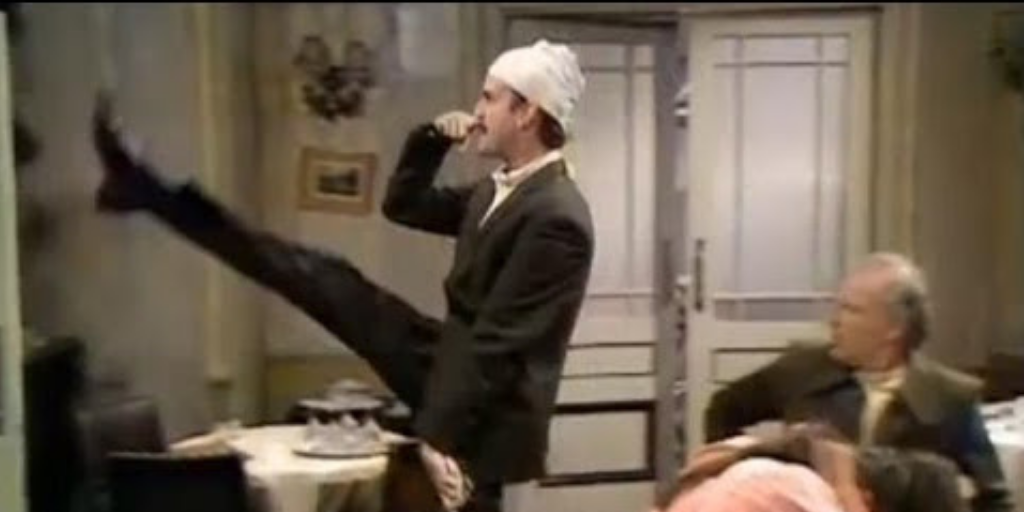
The facts about Crimea’s annexation are now a taboo in Russia and subject to censorship.
When the Russian version of Israeli author Yuval Noah Harari’s book 21 Lessons for the 21st Century was published in Moscow earlier this summer, references to the invasion of Crimea and the disinformation campaign around it had to be replaced with examples that were unrelated to Russia and Ukraine.
Trump instead of Putin
As first reported by the Russian independent outlet The Insider, and later by Newsweek and other international media, a passage about the Kremlin’s “little green men” in Crimea reads as follows in the book’s original:
“The Russian government and President Putin personally denied several times that these were Russian troops and described them as spontaneous ‘self-defence units’ who acquired a uniform similar to the Russian [one] in local stores.”
In the Russian edition, that passage was taken out and replaced with a completely different sentence:
“According to estimates of the Washington Post newspaper, President Trump made more than 6,000 false public statements in the time after his inauguration.”
The author said that he had authorised some degree of editing in order for the book to be publishable in Russia, but that he thought that the publishers had gone too far with the changes, which also included other cases unrelated to Crimea:
“I was told […] that where I speak about my husband, it was changed to ‘partner’. If this is true, I strongly object to all such unauthorised alterations, and I will do my best to correct them,” Mr Harari told The Guardian.
Desperate disinformation
Fans of British 1970s comedy television will hold dear the memory of John Cleese in the role of Basil Fawlty, the proprietor of the Fawlty Towers hotel.
In a popular episode, John Cleese’s character instructs his staff not to say anything that could be seen as somehow related to World War 2 in order to avoid offending a group of German visitors – ‘Don’t mention the war!’ – only to end up embarrassing himself by making a series extremely awkward scenes with unmistakable references to this tragic chapter in history.
The need to protect the official Crimean narrative with censorship makes Russian authorities look desperate and no less awkward than John Cleese’s fictional persona – and it exposes how vulnerable the disinformation campaign can sometimes be.




